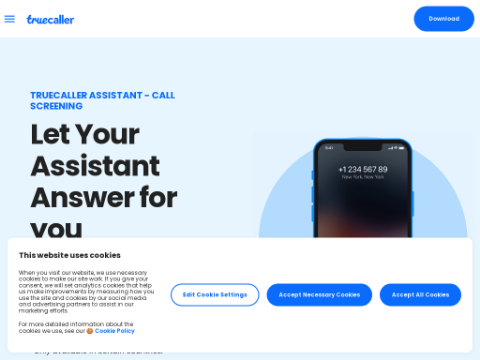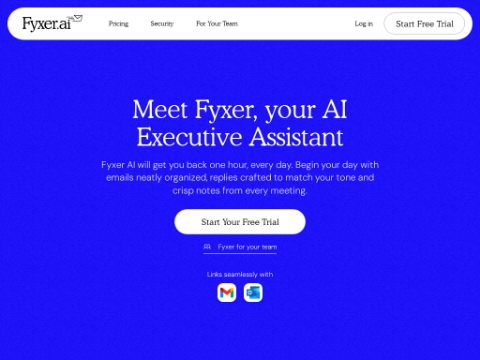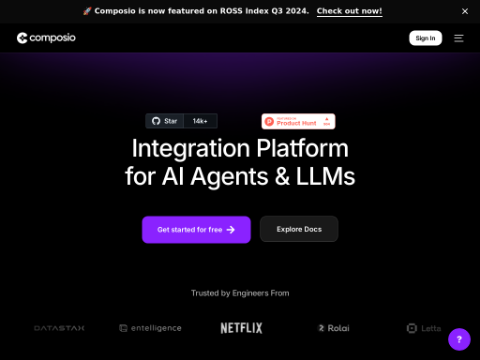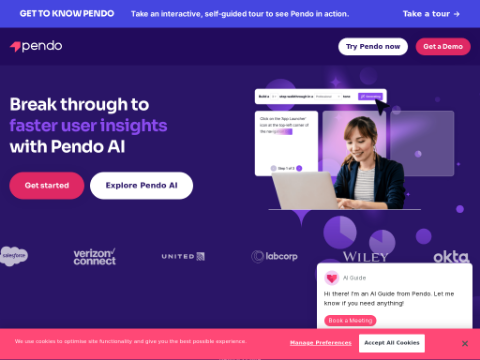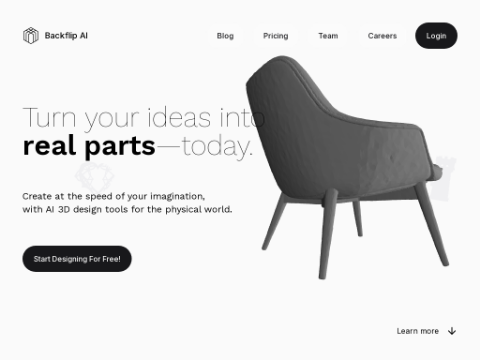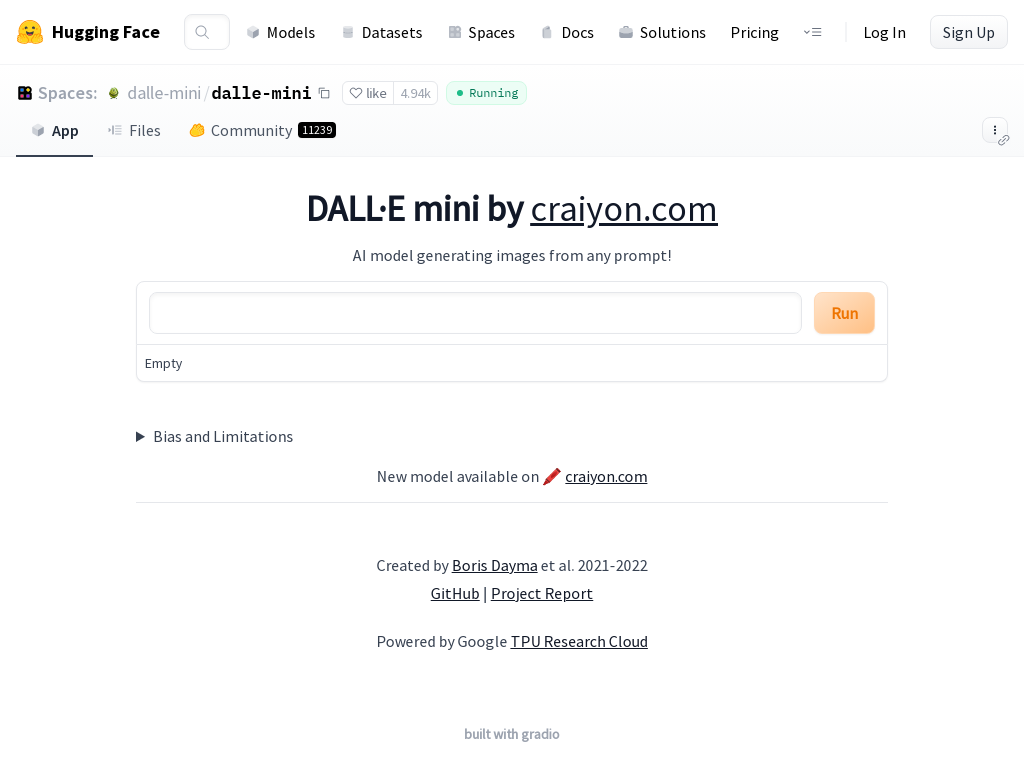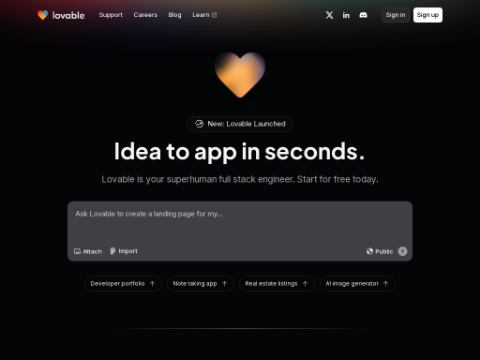Google is expected to release a series of latest developments in the field of cloud computing at the Cloud Next 2024 event in Las Vegas this Thursday. The content covers various aspects such as Gemini (Google's AI-driven chatbot), artificial intelligence, development operations, and security. Last year, Google held the Cloud Next event offline for the first time, demonstrating its continued investment in AI by launching innovative products such as Gmail's Duet AI feature and applying generative AI to its security product line, as well as bringing a series of updates and new products to enterprises.
Google Vids
As large tech companies are using AI to help customers develop creative content, Google has also launched its own AI-driven video creation tool called Google Vids on Tuesday. This new tool is an added feature of Google Workspace, aiming to facilitate users to collaborate with other workspace tools such as Docs and Sheets for integrated video editing, writing, and production. In addition, users can collaborate in real-time with colleagues on Google Vids to enhance team collaboration efficiency.
Gemini Code Assistant
Recently, there has been widespread attention on Gemini Code Assistant, a new AI code completion and assistance tool launched by Google. It directly competes with GitHub's Copilot Enterprise. According to reports, Gemini is similar to Google's previously discontinued Duet AI brand service in some aspects, but its functionality and performance have been improved. TechCrunch's senior editors, Frederick Lardinos and Alex Williams, conducted an in-depth analysis of Gemini Code Assistant, discussing its competitive relationship with Copilot, as well as the potential risks and benefits it may bring to developers.
Google Workspace
Google Workspace has also introduced a series of new feature updates. On mobile devices, users can now use voice prompts to activate Gmail's AI-based "Smart Compose" feature, making email composition more convenient. Gmail has also added a feature to convert rough email drafts into refined emails, improving email quality. In Sheets, users can set customizable alerts to receive notifications when a field changes. In addition, the new template feature makes it easier and faster to create new spreadsheets. For document enthusiasts, label support is now available, which helps organize and manage document information more effectively. These new features will be initially available to subscribers.
It is reported that Google also plans to charge for two new AI features in the Google Workspace productivity suite. These two features are an AI meeting and messaging add-on package, which can record notes, provide meeting summaries, and support translation in 69 languages; and an AI security package, aimed at helping administrators enhance the security of Google Workspace content. These two add-on packages will be charged at $10 per user per month, providing users with more comprehensive and professional services.
Imagen 2
In February of this year, Google announced the integration of an image generator into Gemini, its AI-driven chatbot. However, due to the injection of gender and racial diversity in handling prompts related to people, the generator produced offensive and inaccurate content, leading Google to quickly remove it. While users are waiting for its re-release, Google has launched an enhanced image generation tool called Imagen 2, which focuses more on enterprise applications. This tool is now integrated into Google's Vertex AI developer platform and brings interesting new features such as image restoration and expansion. In addition, Google has also introduced the so-called "text-to-dynamic-image" feature, allowing users to create short videos of four seconds in length from text prompts. This feature is similar to AI-driven video editing tools like Runway, Pika, and Irreverent Labs.
Vertex AI Agent Builder
Vertex AI Agent Builder, launched by Google, is a new tool that helps businesses build AI agents.
Thomas Kurian, CEO of Google Cloud, said, "Vertex AI Agent Builder enables people to easily and quickly build conversational agents. You can build and deploy production-ready, generative AI-driven conversational agents and guide them in a way that resembles guiding humans, to improve the quality and accuracy of model answers."
To achieve this, Google adopts a process called "grounding," where answers are associated with something considered a reliable source. In this scenario, it relies on Google Search (although search results may be accurate or inaccurate).
Gemini Applied to Databases
Google describes Gemini in Databases as a set of features that "simplify various aspects of the database journey." In short, it is a developer-centric AI-driven toolkit provided by Google Cloud services for creating, monitoring, and migrating application databases.
NVIDIA Blackwell Platform
One of the highly anticipated news is that NVIDIA's next-generation Blackwell platform will land on Google Cloud in early 2025. Although it may seem distant, there are some noteworthy contents: it supports the high-performance NVIDIA HGX B200, suitable for AI and high-performance computing (HPC) workloads, as well as the GB200 NBL72 for training large language models (LLM).
Chrome Enterprise Edition Advanced
Meanwhile, Google has further expanded its Chrome Enterprise product suite by launching Chrome Enterprise Edition Advanced. This new product focuses on the security features of existing services, as it has been recognized that browsers have now become the terminal for most high-value work within companies.
Gemini 1.5 Pro
Sometimes, people may only need a "semi" assistant, and Google meets this demand with Gemini 1.5 Pro. Kyle Wiggers wrote that this is "Google's most powerful generative AI model," which is now available for public preview on Google's enterprise AI development platform, Vertex AI. What can this "semi" assistant offer you? Its context processing capability has increased from 128,000 tokens to 1 million tokens, where "tokens" refer to the segmented parts of raw data (such as the syllables "fan," "tas," and "tic" in the word "fantastic").
Open Source Tools
At the Google Cloud Next 2024 conference, Google launched multiple open-source tools, mainly aimed at supporting generative AI projects and infrastructure. One of them is Max Diffusion, which is a reference implementation running on various diffusion models on XLA (Accelerated Linear Algebra) devices. Another one is JetStream, a new engine for running generative AI models. The third one is MaxTest, a series of text generation AI models for cloud-based TPUs and NVIDIA GPUs.
Axion
There is currently limited information available about Axion, but here is what we know: Google Cloud, along with AWS and Azure, announced its first custom Arm processor named Axion. Frederic Lardinois wrote, "Based on the Arm Neoverse 2 design, Google claims that its Axion instances deliver 30% higher performance compared to competitors' Arm-based instances such as AWS and Microsoft, 50% higher performance compared to similar x86-based instances, and 60% higher energy efficiency."

